You could be forgiven for thinking that the most influential organ in your body is your brain or your heart, but I’m going to suggest otherwise. All our organs are important, however the most influential organ that directly affects our brain, our heart, our digestion, our mood, our weight, our immunity and our overall health, is in fact not actually human…
It’s the microbiome.
Our own cells though much bigger in volume and weight, are outnumbered ten to one by the cells of the microbes that live in and on us, our trillions of bacteria known as microbiota, the total sum of which constitutes the human microbiome.
#MicrobiomeMorsels
Right now, your body is hosting 100 trillion micro-organisms, a thriving megapolis of living, hardworking microbes. These colonies of microbiota that make us their ‘home’ live in environments as diverse as the geography of Earth. They may be small, but they are essential. Your inner ‘eco-system’ consists of over ten thousand identified species in strains and numbers unique to each of us, and when our inner eco-system flourishes so do we.
- Did you know that only 10% of your cells contain your human DNA?
- The other 90% consists of bacteria, fungi and microflora – termed by science as your microbiome; and it’s crucial to perform life sustaining functions.
- The human microbiome could be considered an additional organ.
- We all carry approximately 1-2 kg of microbes in our gut.
- Astonishingly, up to 75 – 80% of your immune system is located in your gut.
- Our microbiome is constantly evolving and is sensitive to food, air, toxins, antibiotics and cosmetics.
A healthy gut flora benefits us in a myriad of ways, by performing life enhancing functions such as synthesising essential vitamins, phytonutrients and breaking down tough plant fibres.
Scientists are now discovering that inflammation starts in the gut, something that Hippocrates, the erudite father of medicine postulated thousands of years ago when he said, “All disease begins in the gut”.
“This perception of the microbial side of ourselves is giving us a new view of our individuality. A new sense of our connection to the microbial world. A sense of the legacy of our personal interactions with our family and environment early in life. It’s causing us to pause and consider that there might be another dimension to our human evolution.” ~ Professor Jeffrey Gordon
Think of the gut as the centre (or hub) of a wheel, with spokes leading to the neurological system, the vascular system, digestive system, lymphatic system, skin, hormonal system and saliva, (the oesophagus).
The glorious gut
If the environment of our gut is well balanced – meaning ‘good’ bacteria outweigh harmful bacteria, it allows our immune system to operate effectively and judge friend from foe in our bodies. It is the first, second and third line of defence: skin, mucous membrane and the gut.
A healthy digestive system is crucial for the breakdown of food and optimal absorption of nutrients. If disease causing pathogens get out of control and start to rule the roost, ill health will follow. The scientific community believe that a toxic microbiome is the initiator of metabolic illness such as obesity and Cardiometabolic Syndrome.
A direct correlation can be seen between the consumption of simple carbohydrates, processed, shelf-stable foods, a more toxic environment and the rise in obesity over the last 60 years. Whether we like it or not, we are part of the largest nutrition experiment in the history of mankind. It doesn’t seem to be going too well for us collectively at the moment…
Scientific American: How Gut Bacteria Help Make Us Fat and Thin
Despite our advancements in medicine, there is a global health pandemic that is costing the NHS and health care providers in America almost 3 trillion dollars a year.
Does the Gut Microbiome Play a Role in Autoimmune Disease?
Allergies, digestive disorders, obesity, autoimmune conditions such as diabetes, MS, rheumatoid arthritis, crohn’s disease and lupus are a result of our bodies being in ‘metabolic dysfunction’.
This is how cardio metabolic health issues develop:
Inflammation > Metabolic Dysfunction > Insulin Resistance > Fat Deposition > Cardio Metabolic Syndrome.
Modern plagues: Cardiometabolic Syndrome
It seems we have eradicated infectious diseases that were rife in the 19th Century, such as smallpox, measles and polio; but in their place modern plagues have risen from the wastelands of our increasingly toxic microbiomes.
You may know children, family or friends who suffer from asthma, hay fever, diabetes, nut allergies and eczema. Allergies affect around half the population in developed countries. I can’t be the only one who thinks this is not normal…
Innocuous and harmless substances such as pollen, dust, pet hair, milk, eggs and nuts are being treated by the body as harmful pathogens, so the immune system dutifully attacks what is perceived as germs that need to be removed from the body. And when the body’s immune system goes really rogue, it attacks the body’s own cells.
Type 1 Diabetes
In 1898 hospital records from Massachusetts General Hospital which were kept over 75 years for 500,000 patients indicated that there were only 21 cases of childhood type 1 Diabetes. By the time official records were created just before the Second World War the prevalence of type 1 diabetes could be tracked. Around 1 or 2 children in every 5,000 were affected in the US, UK and Scandinavia.
By 1973 type 1 diabetes was occurring 6 to 7 times more frequently than it had in the Thirties. In the Eighties the rise leveled off to 1 in 250 children. The rise in diabetes has been matched by an equivalent rise in obesity and autoimmune diseases.
Should we accept the increase in illness as a fact of life in the 21st century, when we have more knowledge and scientific advancement at our fingertips?
Could it be that we have overlooked the fundamental role our colonies of bacteria and basic nutrition play in our well-being? Over the past decade emerging research and cutting-edge science into the human microbiome is answering that question with a resounding YES.
The Human Genome Project (HGP):
Scientists have turned to our genes, the blueprint of life, for answers to 21st century illnesses. The Human Genome Project unearthed genes that when mutated result in disease. But to blame our DNA entirely for the modern epidemic is unwise. The gene variant that might make someone more likely to become obese is not likely to become dramatically more common in the population as a whole inside a single century.
Evolution does not progress that quickly! Gene variants only grow more common though natural selection if they are beneficial to the species, or their detrimental effects are mitigated.
Science is left with two areas that are common to modern diseases: the immune system and the gut.
When the Human Genome was decoded and mapped fully in 2003 and we could sequence our DNA, scientists were shocked to learn that human body has just shy of 21,000 genes, less than the water flea with 31,000 and half the number of the rice plant. Humans have a similar amount of genes as that of The Worm. Holy cow, how could something as complex as a human being only have the same number of genes as a worm?!
The language of how God created life and the supposed key to our humanity did not live up to its hoped for power to heal diseases as President Clinton declared it would at the time.
The Human Microbiome Project (HMP)
The DNA sequencing technology invented during the HGP enabled another major genome-sequencing programme: The Human Microbiome Project.
The micro-organisms living in and on the human body contain a staggering 4.4 million genes.
Now molecular biology has the tools to investigate how and why the microbiome is so fundamental to our well-being.
We have evolved over millennia by outsourcing our digestion to vast communities of bacteria. Our own 21,000 genes together with the 4.4 million genes of our collective microbiota collaborate in a mutually beneficially arrangement to run our bodies.
The HMP has revealed far more about what it means to be human than our own genome ever has.
Microbes matter
Another discovery was that the human appendix is far from a defunct organ as originally thought by Charles Darwin in his Descent of Man, (the follow up to The Origin of Species). For the hundred years that followed it earned a reputation as something of useless organ, exacerbated by its tendency to sometimes cause life threatening eruptions. By the 1950’s removal of the appendix was one of the most commonly performed operations in the developed world.
But natural selection did not eliminate the appendix, and scientists now know that the appendix serves as a safe haven for life sustaining microbes; a microbial stockpile that comes in handy when food poisoning or gastrointestinal infection strikes, enabling the gut to be repopulated with its friendly inhabitants that were lurking in the appendix.
Public sanitation systems in the developed world are relatively recent inventions in the history of our species. To some degree they have masked the fact that we utterly depend on our microbiota for health and happiness.
Antibiotics – the nemesis of our gut-flora
Doctors are only just waking up to the damage that widespread over prescribing broad spectrum antibiotics is doing, not just solely because pathogens are developing resistance to them, but more so now in how they wage chemical warfare on our colonies of friendly bacteria, adversely altering our microbiome and body chemistry.
It’s devastating when a wild fire rips through forests and woodlands, destroying all plant life. This is what happens to the diverse, friendly bacteria when you take a 7 day course of antibiotics. Scientists have found that just one round of antibiotics can disrupt your gut flora for up to two years. Multiple rounds of antibiotics are wreaking havoc on the very microbes we depend on for our health in new generations.
Studies have shown that only 6% of American children have the microbe H. Pylori in their microbiome by the time they reach age fifteen. H. Pylori communicate directly with the brain about Ghrelin levels. Grhelin tells your brain you are hungry. If Ghrelin is unregulated you never feel full.
After reading about the microbiome and the relevant scientific evidence I almost started to view myself not so much as an individual, as more a vessel for my microbiota!
But as Alanna Collen, author of 10% Human puts it:
“I see us – myself and my microbes as a team. But, as in any relationship I will only get what I give. I am their provider and protector, and in return they sustain and nourish me. I find myself thinking about my meal choices in terms of what my microbes would be grateful or, and my mental and physical health as markers of my worthiness as a host to them. They are my own personal colony, and their preservation is worth as much to me as the well-being of the cells of my own body.”
I’ll be getting inside our guts in more detail in future posts, covering the link between the gut and the brain, why we get cravings, the microbiome in infancy, the nutrients and diet we need to heal, and a detoxification, cleansing and re-balancing solution.
Tackling the root cause of illness means focusing on the microbiome and the gut. Fix the gut and you fix the problem!
But for now, just remember: whatever you eat also feeds your microbiota, both the good and bad – you never dine alone!

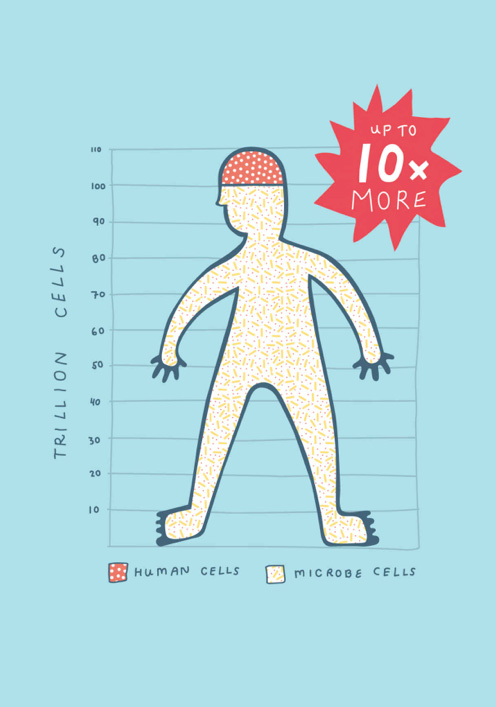

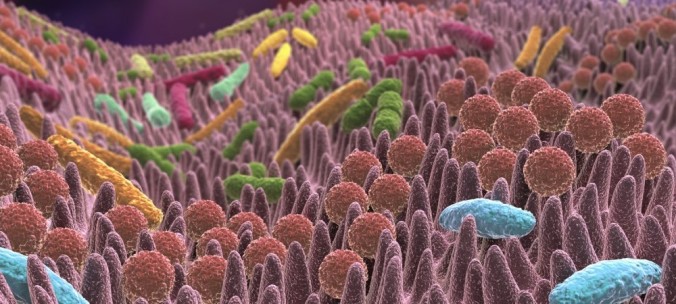
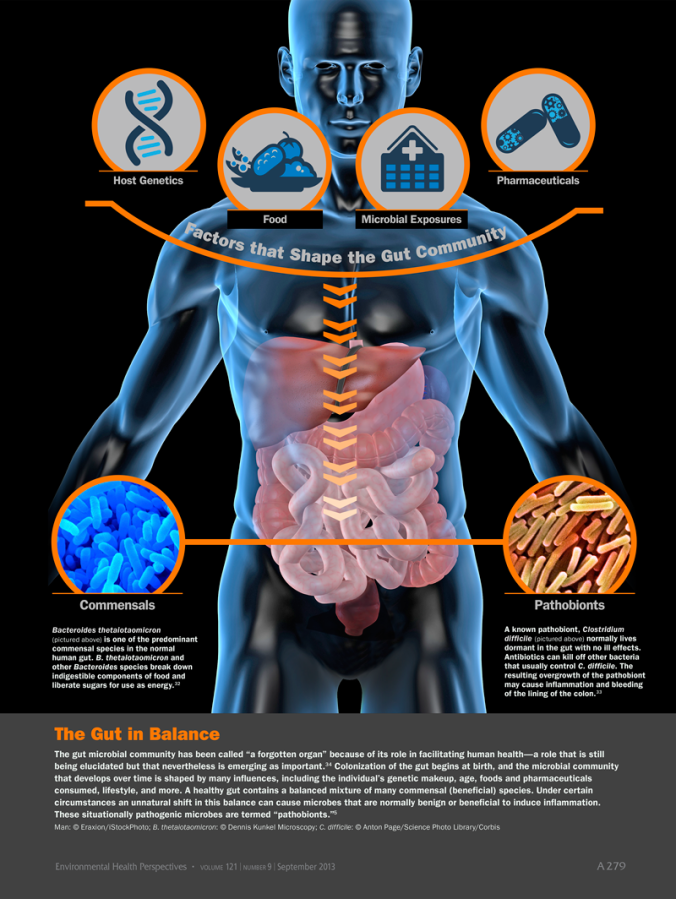
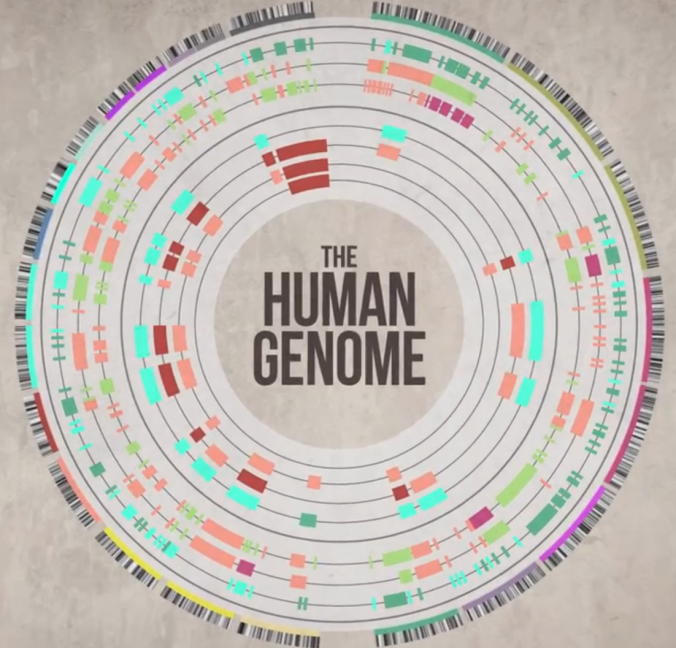
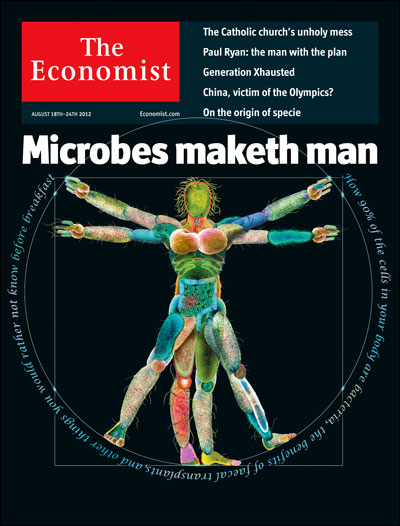
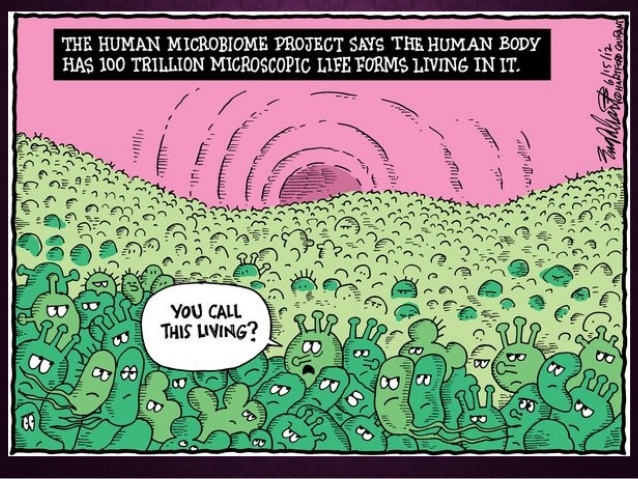


Nice way to end the post Ginny – like it!
LikeLike
Glad you liked it Mike 🙂 Thanks!
LikeLike
Pingback: The Way Gut Bacteria Affects Anxiety and Depression Will Blow Your Mind | rhap.so.dy in words
Pingback: Why Epigenetics is the Most Exciting and Promising Science in the World | rhap.so.dy in words
Pingback: To Supplement or not to Supplement, that is the Question… | rhap.so.dy in words